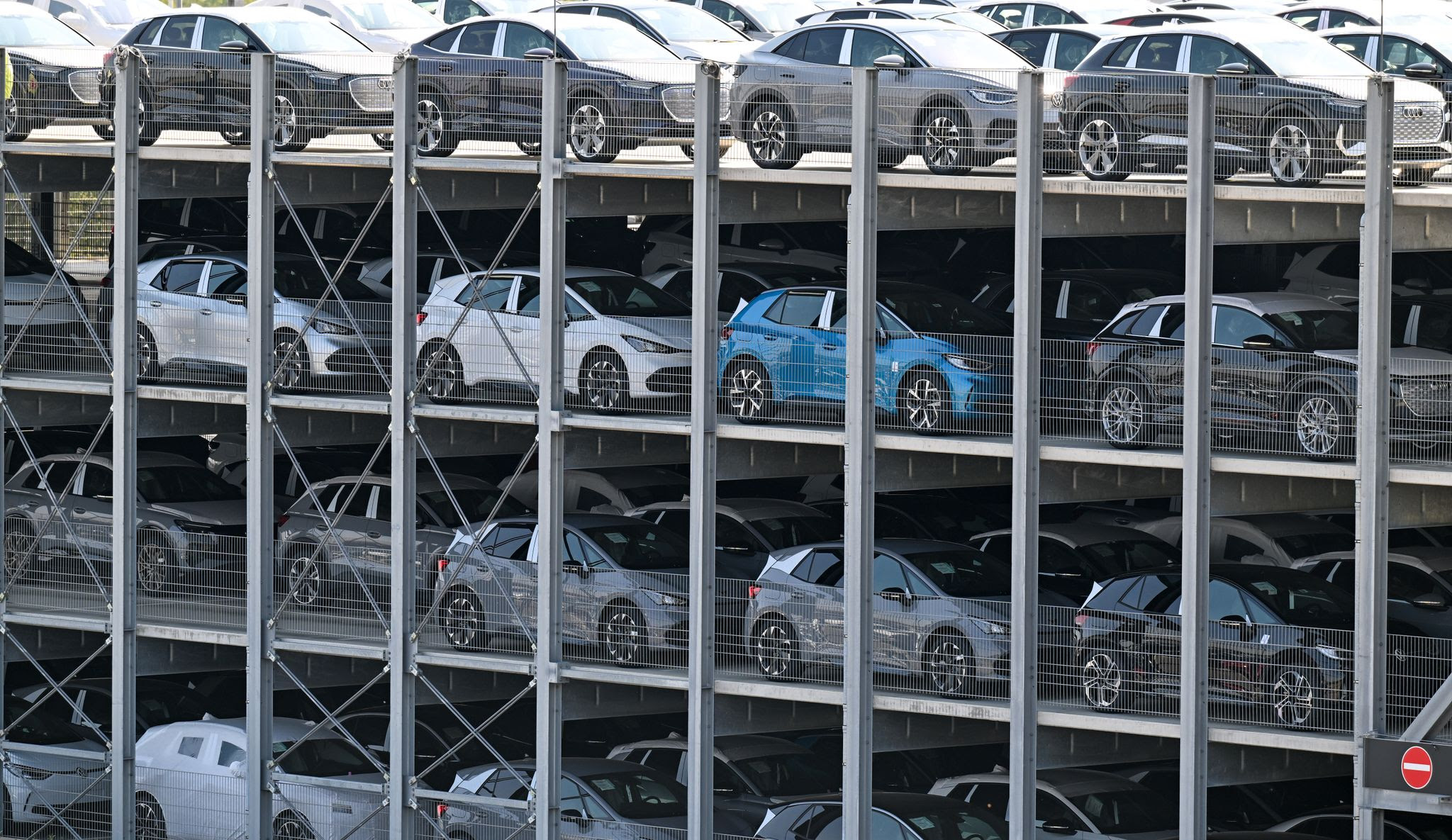German Industrial Production Rebounds In August, Driven By Carmakers
...As Construction Of Hydrogen Pipeline From Denmark To Germany Gets Extension

German industrial production rose by a surprising amount in August, driven by strong performance from German carmakers, according to government figures released on Tuesday.
Germany’s Federal Statistical Office reported that total production increased by 2.9 percent month-on-month, but analysts had expected an increase, but on average only by 0.8 percent.
A report by the German News Service (delivered by dpa) indicated that revised figures for July also indicated that, using a year-on-year comparison, industrial production declined less than previously estimated.
In July, production was 2.7 percent lower than in the same month in 2023. That is better than the 5.6 percent decline over the same period originally estimated by the agency.
The August figures were driven by a major ramp-up in the auto industry, with motor vehicles and motor vehicle parts production rising 19.3 percent compared to the previous month, the agency said.
In July, production in the automotive industry had fallen significantly and weighed on overall production in the industrial sector. However, the situation for German industrial producers remains difficult.
Incoming orders fell unexpectedly sharply in August, which dampens any hopes of an economic upturn in the second half of the year.
An economist with the German Chamber of Commerce and Industry (DIHK), a major business lobby, Jupp Zenzen, said: “The rise in industrial production in August is no reason to sound the all-clear,” noting that the three-month trend in industrial production, which is considered less susceptible to fluctuation, continues to point downwards.
Zenzen cautioned that the slump in orders also means that the outlook for industry is not good.
Meanwhile, the Ministry of Climate and Energy in Copenhagen, yesterday, said the launch of a hydrogen pipeline from Denmark to Germany has been postponed by several years.
The construction planned for 2028 has been delayed until 2031 after an examination by the state-owned company Energinet revealed that extensive environmental and safety studies were still required.
In a statement, Danish Climate Minister, Las Aagaard, described the building timeline as “far from ideal,” but said that the Danish government is “still very positive about the project.
Sometimes you have to accept reality, he told the news agency Ritzau. Aagaard had agreed with German Vice Chancellor Robert Habeck on a plan to build the pipeline in March 2023.
The so-called “green” hydrogen, which is produced using renewable energy from wind and sun, is expected to play a key role in the energy transition toward more climate-friendly fuels. Hydrogen is expected to be used in production processes in industries that are difficult to switch to electricity.
Germany plans to produce a lot of “green” hydrogen domestically, but also needs to import large quantities and plans to work with other countries such as Norway to do so.
The section from the German border to the Danish town of Esbjerg is now scheduled for completion in 2031, with the entire pipeline to be completed in 2033.











